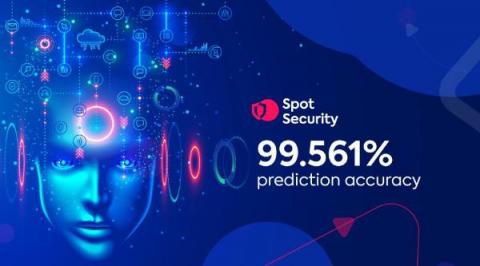What is Remote Monitoring and Management (RMM)? How Does it Work?
What you need to know about RMM Technology is crucial to daily operations in today’s fast-paced business world. From managing finances to communicating with customers, businesses rely heavily on technology to get things done. But as businesses become more reliant on technology, managing their IT infrastructure becomes more complicated and time-consuming. That is where remote monitoring and management (RMM) comes in. But what is RMM?










